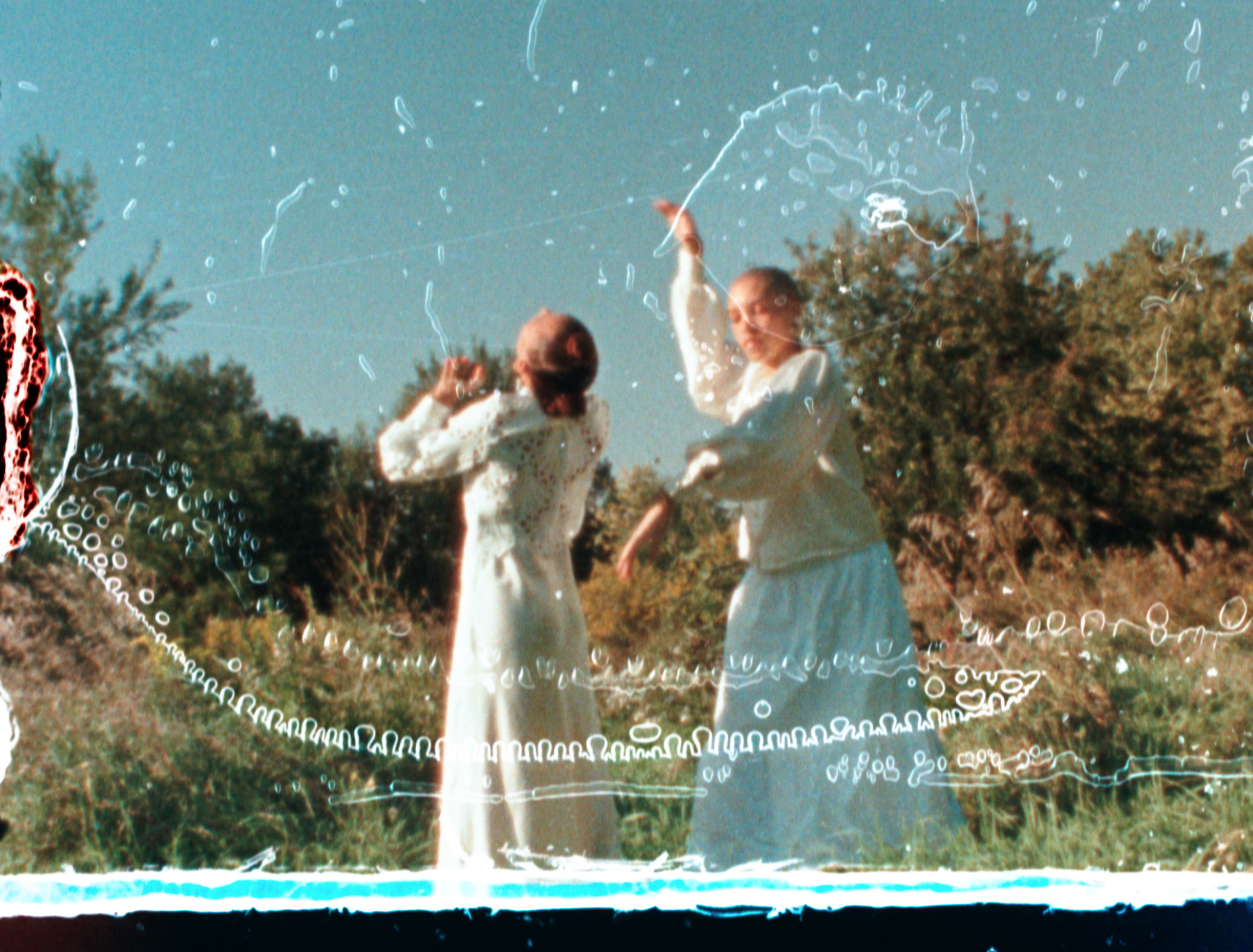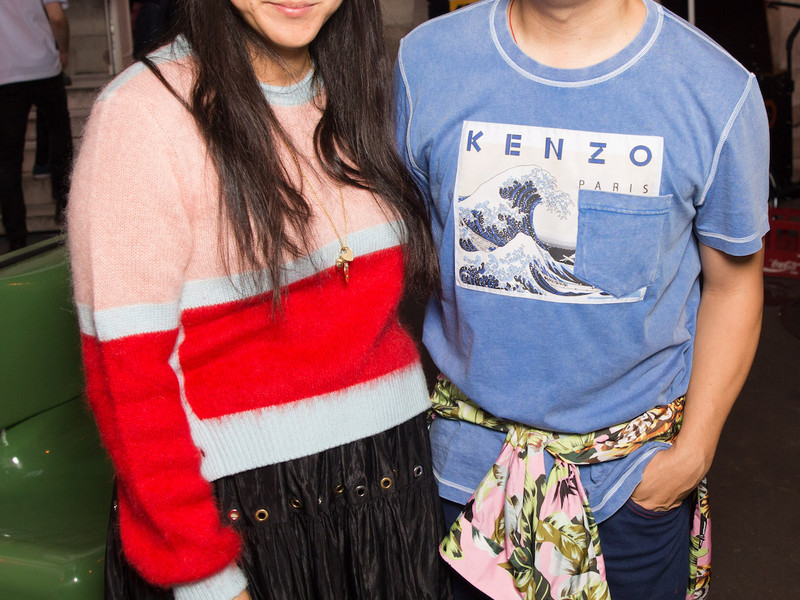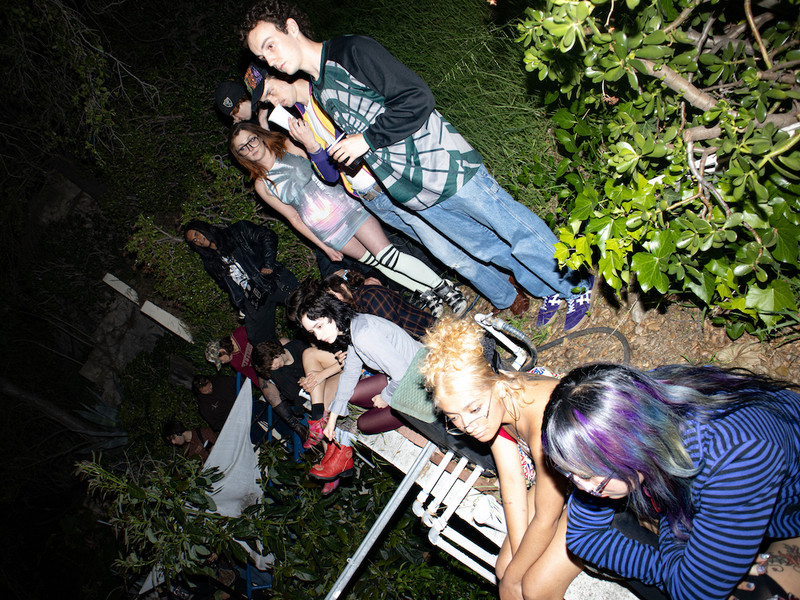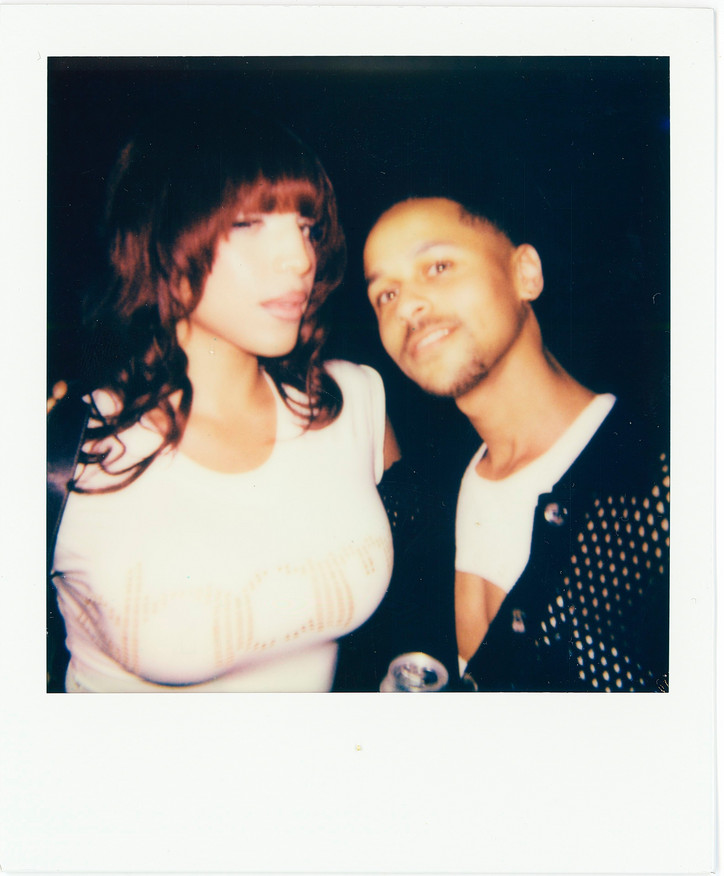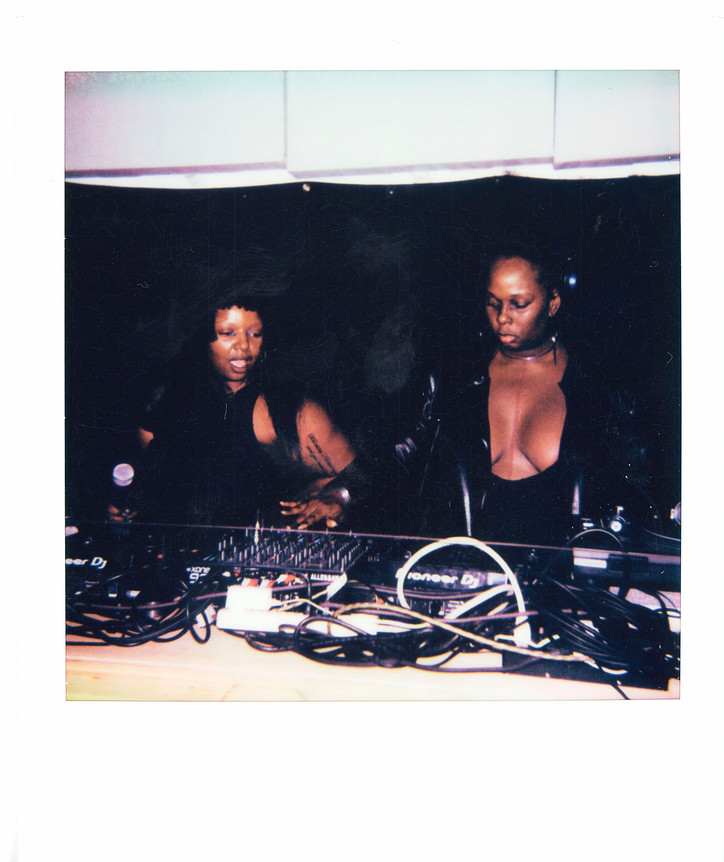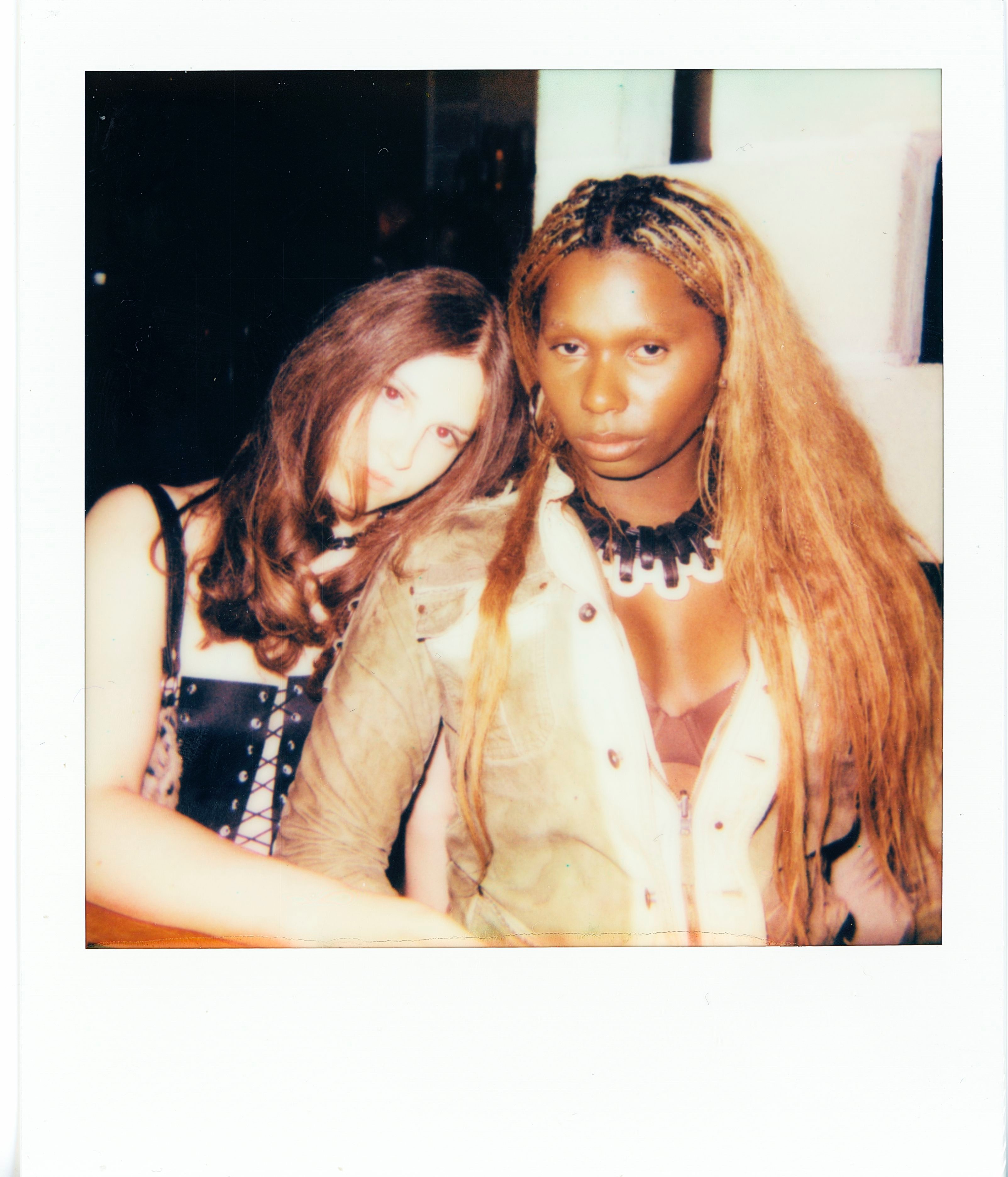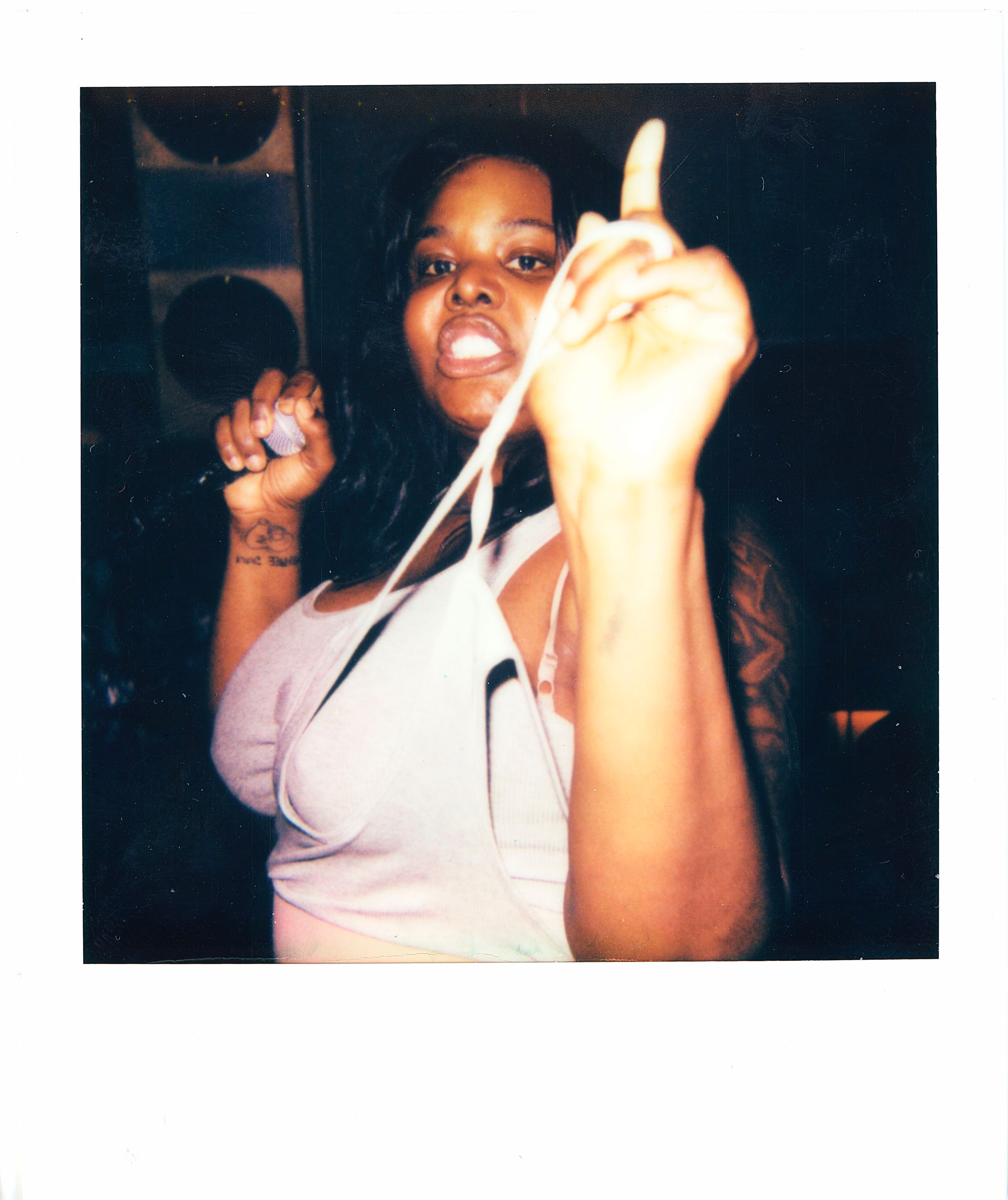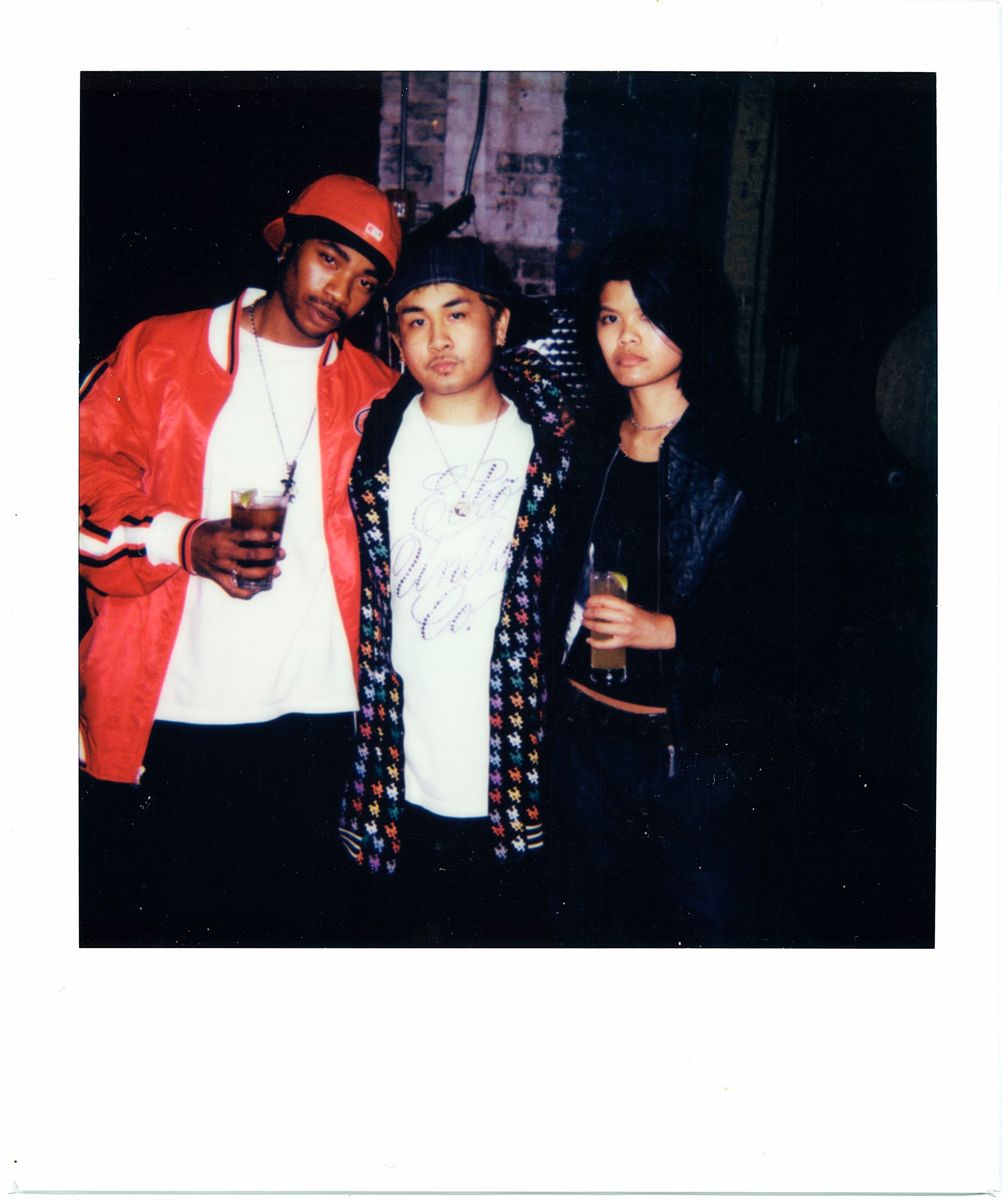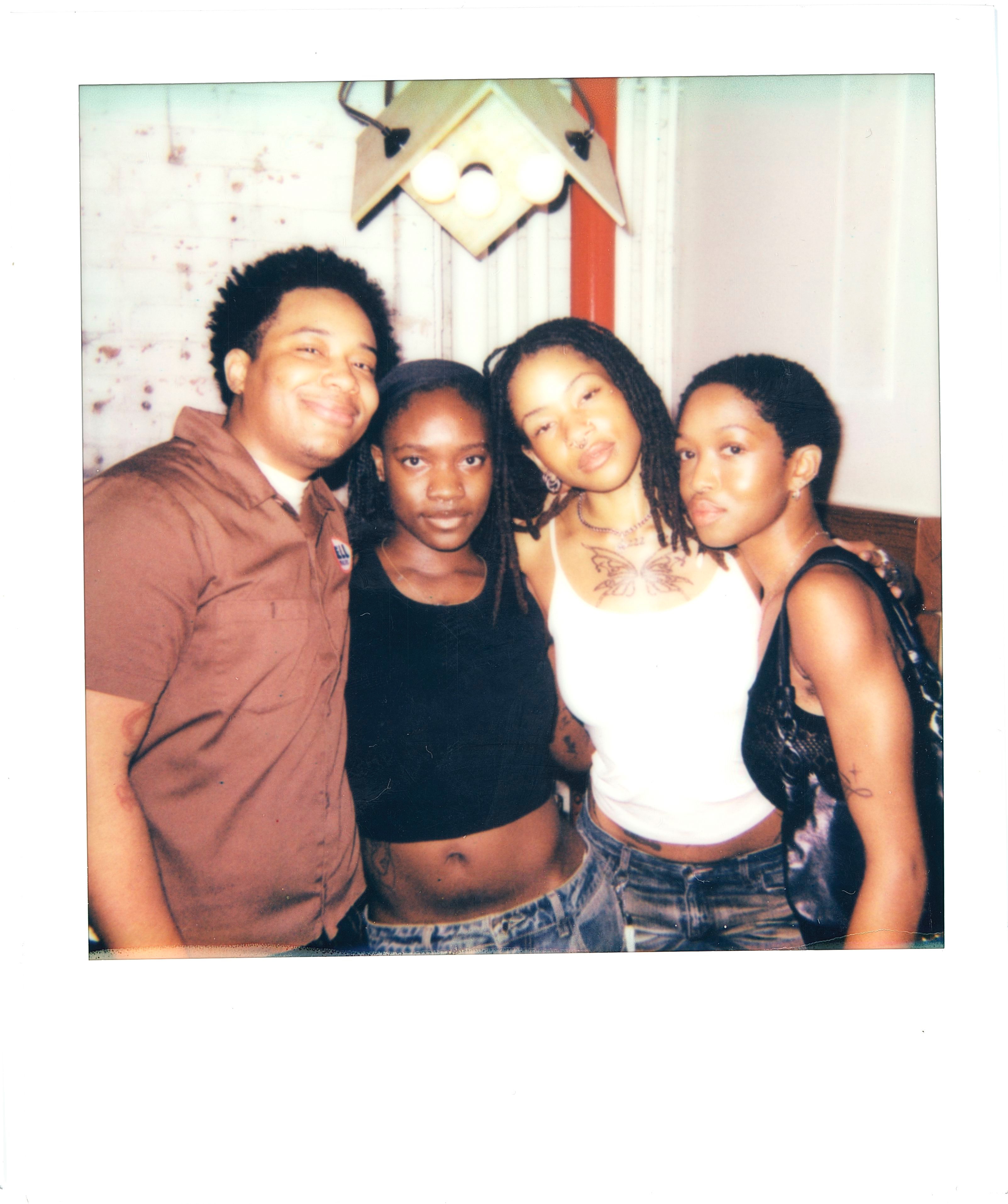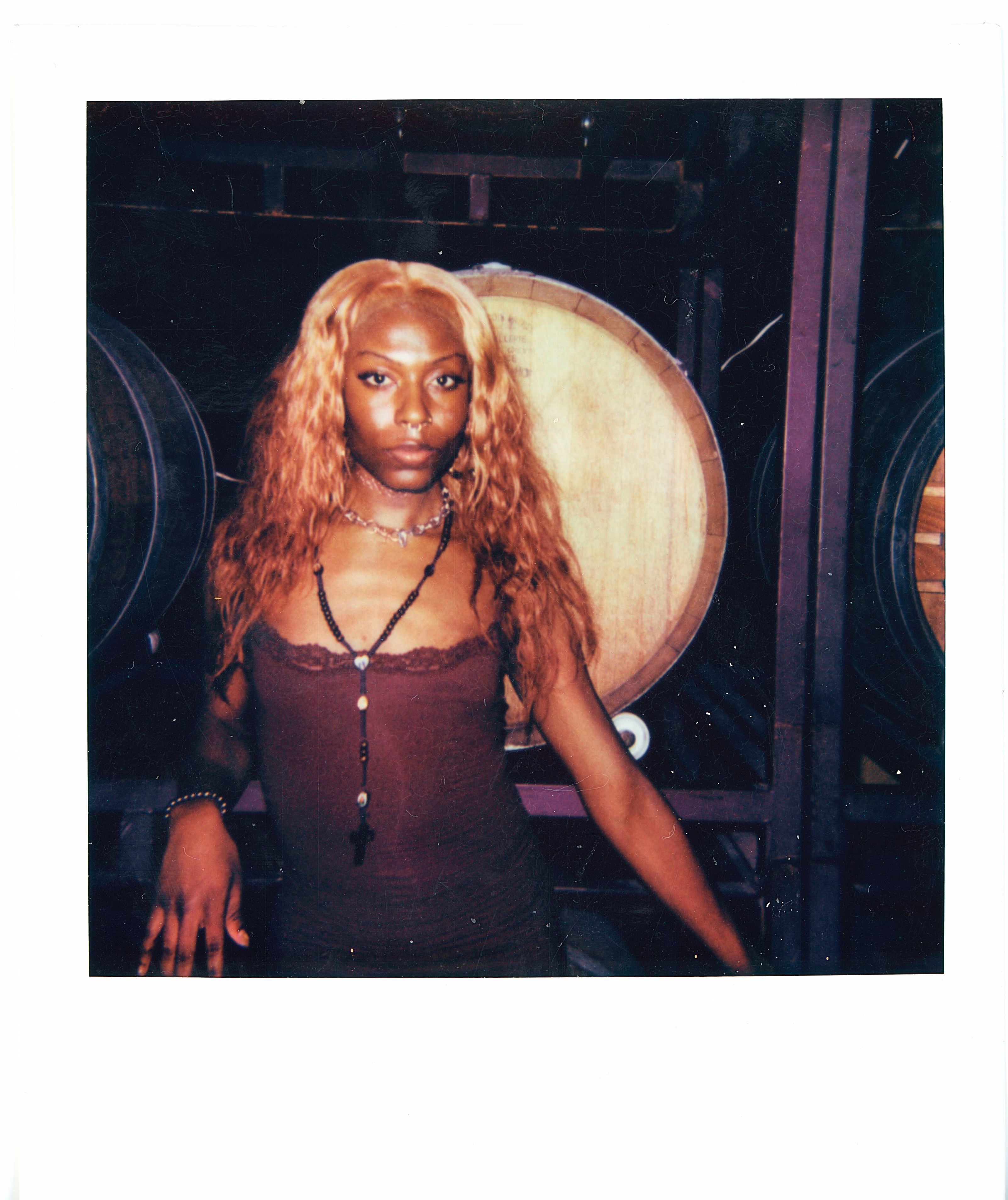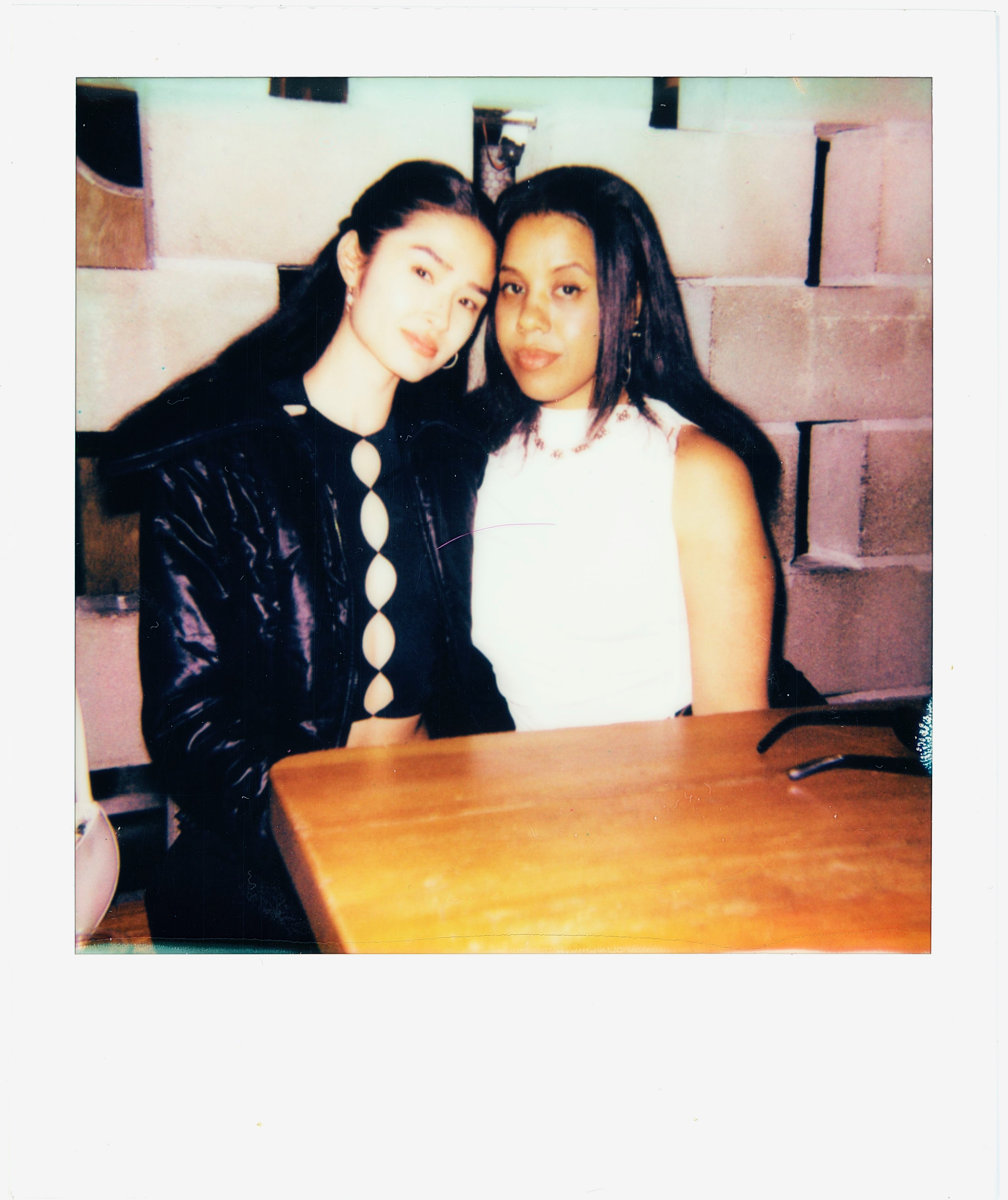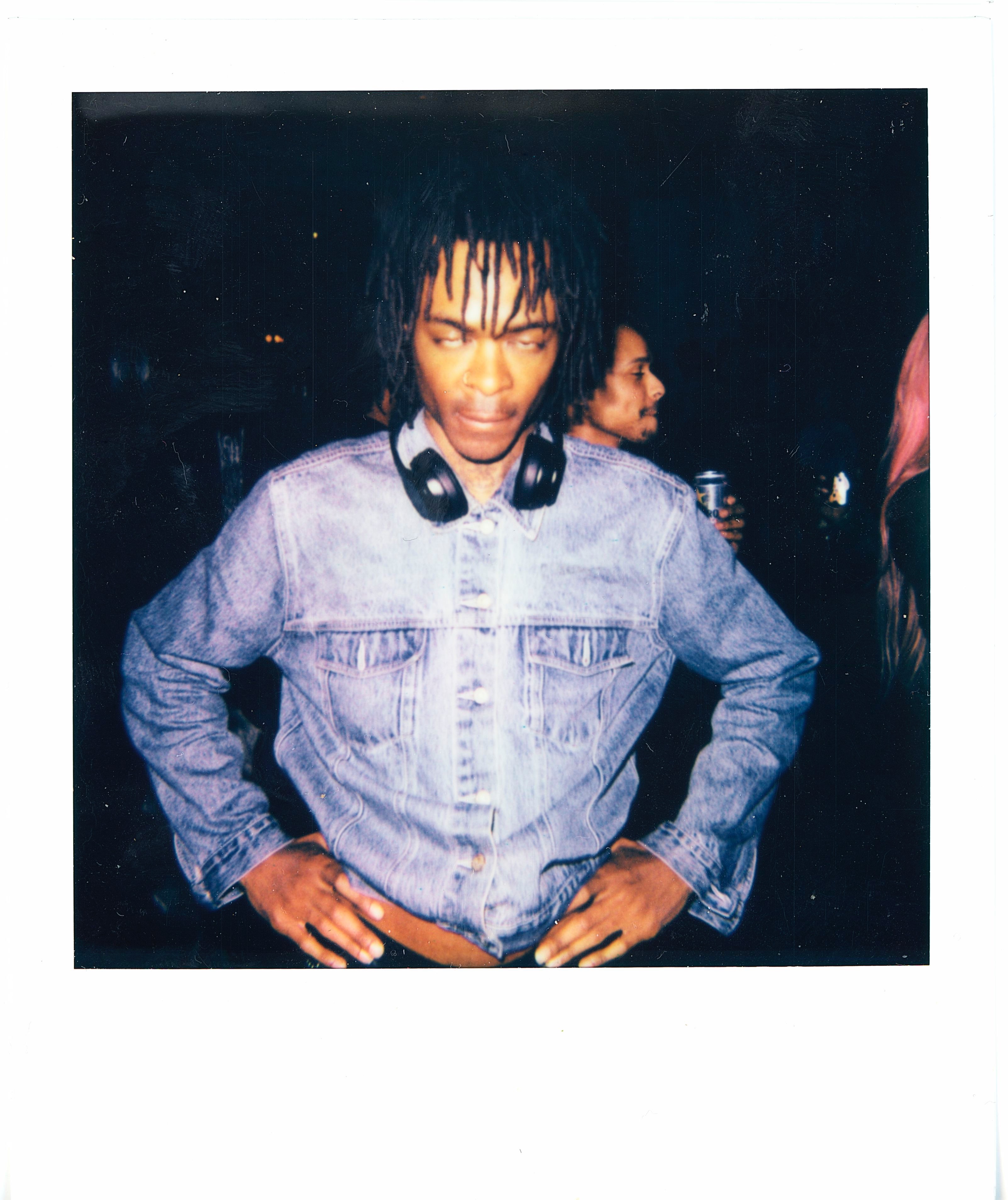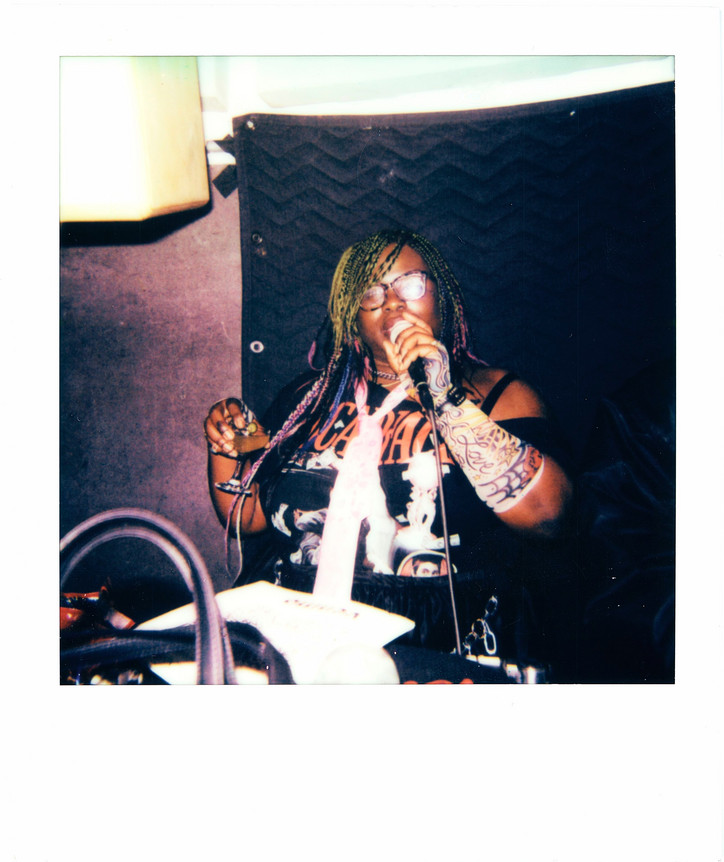Jupiter Is Born

Jupiter was born out of the conversations that Bacon and Harper had at that very first dinner, though neither of them knew it at the time. They commiserated about their jobs and the constraints that had been placed on their writing; “breakneck timelines” from editors that discouraged formal experimentation had drained their work of its pleasure and hindered its potential. They bonded over their shared childhood dreams of one day working as magazine editors. A few days afterwards, the conversation hadn’t left either of their minds. So the two women decided to write a manifesto, figuring that other writers must be encountering similar tensions in their practices.
“Something that we say often, that might sound hyperbolic but I think is really true, is that writers are an endangered species. Writers are going extinct in this very, very distinct way,” Bacon says. “I use that language because I think to speak of extinction is also to speak of a broader ecosystem that is deficient, that does not hold the things that we need it to in order to really do our work.” They continued developing their manifesto, meeting over Zoom after Bacon returned home to Chicago, and decided to add a micro-grant component to help support writers. By the next time Bacon visited New York and met with Harper in person in April 2023, the bigger picture had clarified: they were creating a magazine.
“It was like the sun broke through the clouds and streamed into the coffee shop. Our meeting allowed us to realize that we needed to create the publication that we wish we could have written for, become the editors in chief that we wish we could have been supported by,” Bacon describes, referencing Toni Morrison. “It's really fueled by this shared philosophy around the importance of writing, of course, but also the conditions that we need to deeply enjoy it. Can we create ecstatic editorial conditions? is the thesis we’ve charted forth on.”


Bacon and Harper share a steadfast belief in the importance of art writing and the art critic at their best as belonging to the ecosystem of creation; in other words, part and parcel of the art itself, not separate from it. A good piece of art writing can facilitate an audience’s connection with a work, and excavate further meaning from it, even for the artist themselves. “The art of criticism itself is rooted in care, and can be viewed as an act of care and can be really practiced as a tool and a method towards deepening and lengthening not just our lines of inquiry, but also ultimately the ways that we understand ourselves and each other better,” Harper says. “I've been really astounded to learn the different ways that I can discover more about myself, about my loved ones and the people around me through really deep and spiritually led excavation around art, around art making processes.”
“But when we think about the way that the world is currently set up right now — care cannot be a cliche. It has to be a mandate,” Bacon adds. “And I think having this willingness to really grapple with art objects that challenge me conceptually, aesthetically, emotionally, spiritually is a way of answering to that mandate of care at the moment.” That process requires time, and providing writers with that time is one of Jupiter’s core intentions; Bacon and Harper know that in order to live alongside a work or art object for long enough, writers need proper compensation and more generous deadlines.
The magazine’s name came to them later down the line, after they had already first announced their joint venture at a panel event in Chicago. Bacon says she began waking up at night with “dispatches,” unable to return to sleep until she had written down the messages that popped up in her head. One night, the dispatch simply read jupiter. After some reflection, she and Harper fell in love with it as an “incantation,” one that promised a long prosperous life. Jupiter is the planet of expansion, abundance, and luck; it is also a gaseous liquid planet; it also rules over both Harper and Bacon’s astrological charts.
“It’s the one truest expression for what it is that we've been working towards building, which is ultimately something that has this air of malleability; it's elastic, it can stretch, it can bend, it's not pinned down in any one particular way,” Harper says. “And both of us are really deeply led by spirit, and allowing that to shine through with such clarity and vigor is something that's really important to us — within the art space, but also in general within editorial spaces or what might be considered a ‘professional space,’ these spaces ask us to silo off parts of ourselves in their corner. I think Jupiter felt like the perfect way to really assert who we are and be really loud about it.”
“Art criticism is seen as this extremely pretentious, extremely erudite, extremely curtained off discipline, and we're interested in bringing a degree of unruliness and waywardness into what that means. Criticism is happening all the time, we're just not calling it that,” Bacon adds. “And I think naming the publication after a planet rather than something that feels more legibly intellectual is really important to signal the way that we are also trying to bring a shift in who regards themselves as a critic and who reads criticism."
Read the inaugural digital issue of Jupiter Magazine here, featuring contributions by Akwaeke Emezi, J Wortham, Rianna Jade-Parker, Joshua Segun-Lean, and Diallo Simon-Ponte.
